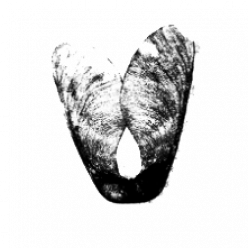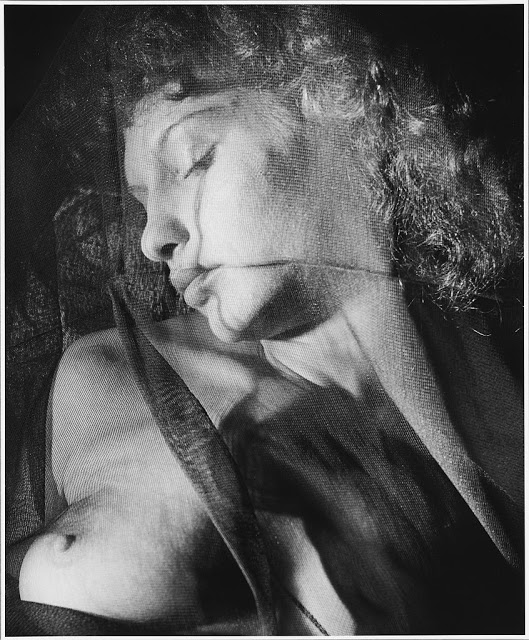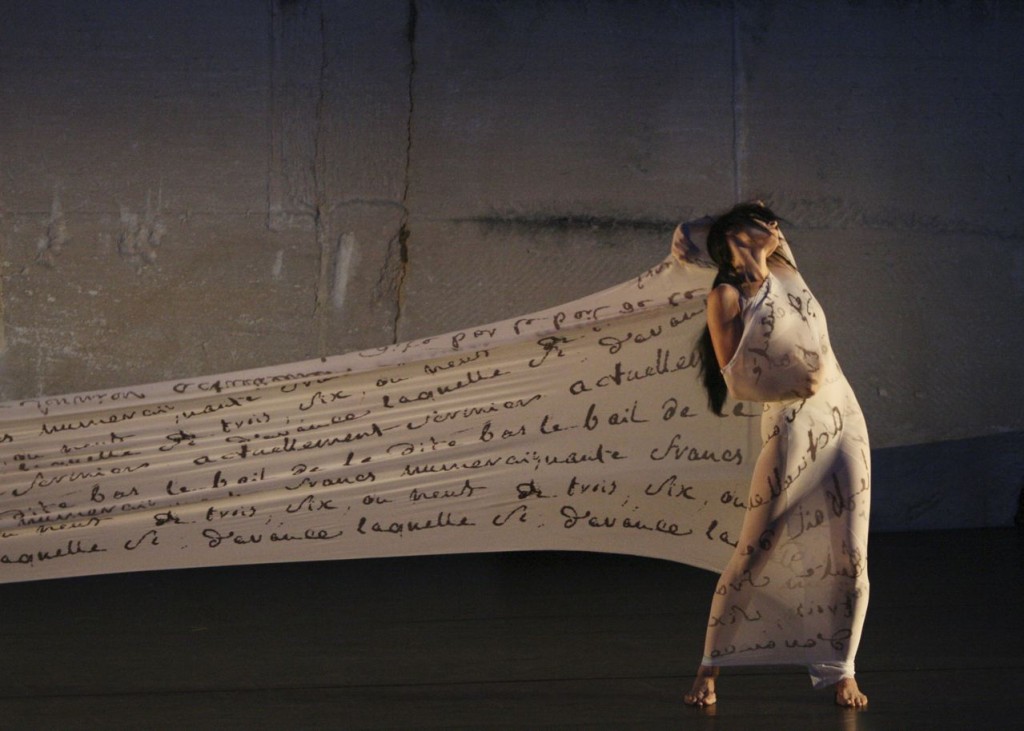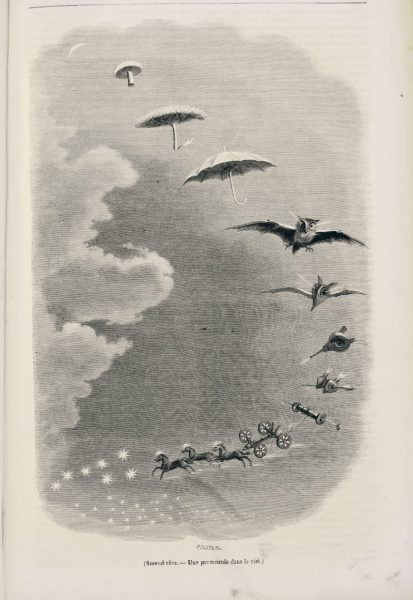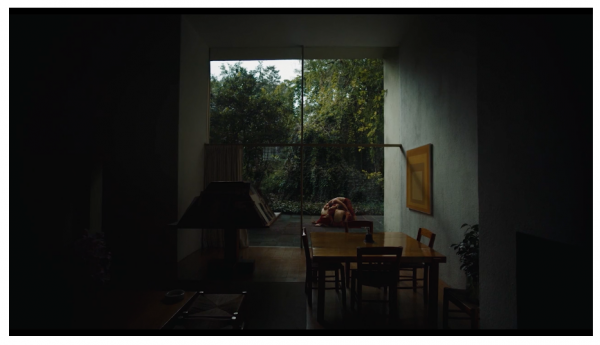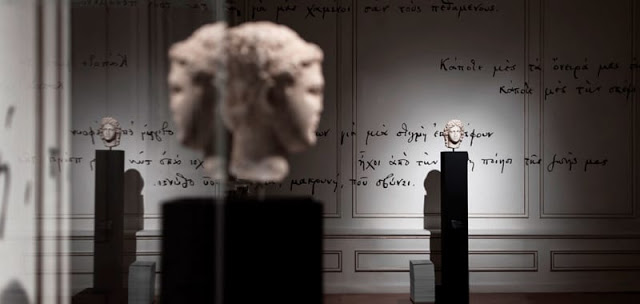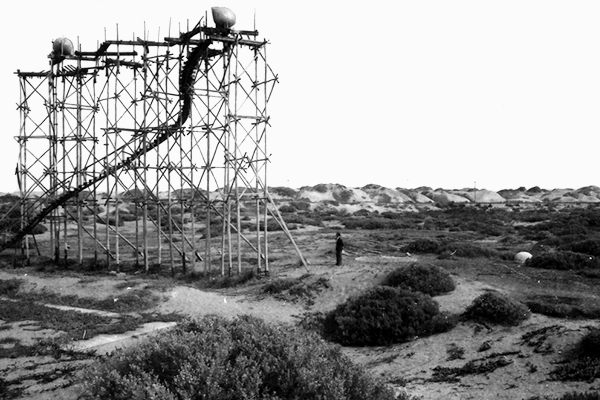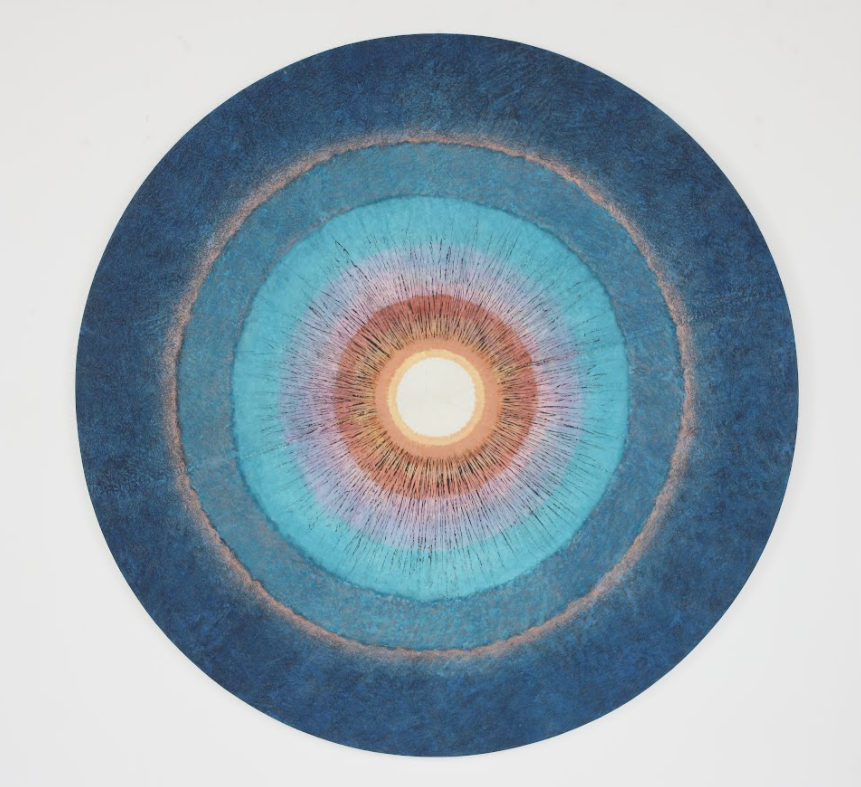
A situação actual faz-me pensar no País dos cegos de H.G.Wells (bem para quem não leu é melhor parar aqui e voltar mais tarde). Várias vezes me senti na aldeia dos cegos. Após dez anos da formação requerida a minha visão arquitectónica é basicamente oposta aquela na qual fui instruída. Por vezes penso que fosse melhor chegar a um ponto de consenso, a um território comum. Mas como, quando todas as fibras do meu ser me orientam para outra direcção? Não caber nas convenções, não aceitar seguir o que nos dizem e ensinaram, não é ser intransigente ou rude, é apenas voltar a refazer as perguntas que poucas gerações tem a coragem de fazer. Só pode ser mesmo assim? Isto não pode ser feito de outra maneira? Temos que continuar a perpetuar este sistema? Sim, significa chocalhar as coisas, sair da zona de conforto e é por isso que pessoas que ousam questionar e repensar o que lhe foi dito são vistas como personae non gratae. Não é o mesmo que acontece na aldeia dos cegos? Quando Nunez chega, primeiro pensa em dominar aquela aldeia de cegos, acha-se superior a eles, ele pode ver, eles não. Mas com o passar do tempo, eles como maioria conseguem subjugá-lo à sua vontade até ao ponto de ele equacionar perder a visão para ser um deles. Também não o fazemos? Olhamos para os outros, para aqueles que achamos diferentes de nós, queremos que eles vistam como nós, pensem como nós, vivam como nós. Não aceitamos que realidades diversas possam ser bem-vindas, que entrar numa conversa de mente aberta não nos faz perder a identidade. Até muitos daqueles que vêem o outro lado do mundo ainda se mantêm na ideia mundana das coisas. Porque ver é diferente de olhar! O olhar requer um foco de atenção que não estamos dispostos a dispensar neste mundo veloz. Desde crianças somos moldados para sermos como os outros. Desde pequena que havia choros quase todas as refeições em casa dos meus pais, porque me recusava a comer a carne. A forma de me alimentarem, era a mesma como eles tinham crescido, logo não viam uma possibilidade diferente. Eu tinha que me moldar e aceitar a ordem pré-estabelecida. Foi preciso crescer, tornar-me na minha própria pessoa para que a carne deixa-se de estar no meu prato. Moldar e ser moldado, redefinir os pensamentos para que se enquadrem na sociedade onde vivemos. Acontece também nas escolas, com os professores. Foram poucos os que durante o tempo de aprendizagem vieram ao meu encontro. É um longo processo conseguir se abster, subjugar o ego, para que a outra mensagem possa passar. Não era o que eles pensavam da arquitectura, mas o que eu pensava dela, não era a interpretação que eles tinham do mundo, mas a que eu tinha através de análises, referências e sensibilidades. Cada um de nós possui a sua própria história e como consequência visão do mundo. Há pilares basilares na arquitectura, mas a partir daí cada um navega na arquitectura e no mundo, com a bagagem que foi adquirindo ao longo do tempo. Não é por isso cruel, pedirem a seres únicos para trabalharem como máquinas, que apenas manuseiem máquinas? Cada um de nós brilha quando está no lugar certo a fazer aquilo que lhe é destinado, acredito piamente nisso. Esse qualidade confere significado ao que fazemos e à própria vida. “A qualidade é o respeito pelo povo”, uma afirmação do Che Guevara que eu acrescentaria, a qualidade deveria ser o respeito pela vida. Não é porque a maioria pensa de determinado modo que se deva cegar perante o sentimento que se possui e abafar os valores nos quais desabruchamos. É algo íntimo, viver. “A minha liberdade acaba onde começa a do outro” 1, sim, mas isso significa que toda a acção tem uma reação. A nossa visão do mundo é ampliada, alterada e completada na interação com o outro. Por isso, a nossa construção do mundo deve ser feita de respeito e tolerância, como num tango. Por vezes é preciso recuar para deixar o outro florescer.No final todos brilham sob a mesma luz - a da igualdade na unicidade da vida. Finalmente Bogotá (como lhe chamavam os cegos) num último momento de lucidez prefere a luz, prefere a travessia, que talvez o leve à morte, que viver uma vida acomodada na escuridão. Não será um fim para todos nós? Ainda que doa olhar, não será preferível a viver uma vida longa e amorfa na ignorância de velhos estigmas? "The opposite of courage in our society is not cowardice, it's conformity." ― Rollo May 1Herbert Spencer
